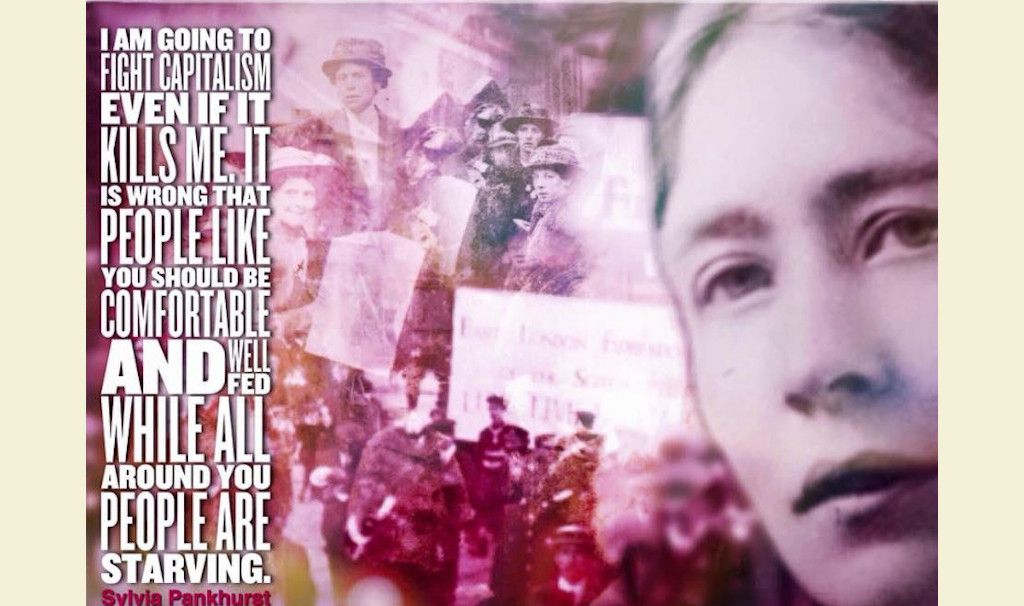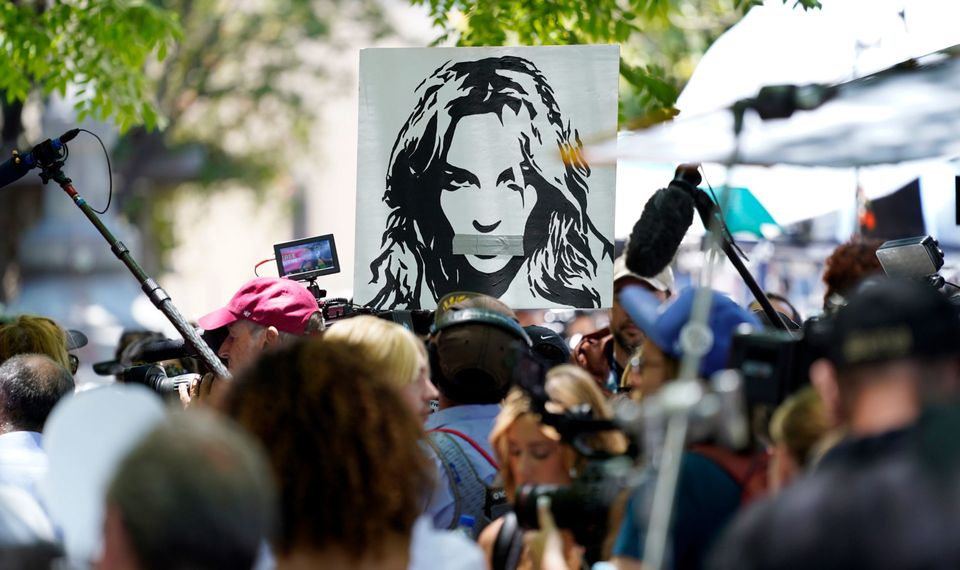Fifty years ago, Canadian women joined an uprising of women around the world. Feminists were active in a range of issues: mobilization against the Vietnam War, nuclear disarmament, employment equality, birth control, abortion rights and ending violence against women. This second wave of feminism spanned 1960 to 1985.
There were hard-fought victories for birth control and abortion. After a decades-long struggle, birth control was removed from the Criminal Code in 1969. In 1970, the Abortion Caravan, Canada’s first national feminist protest, travelled from Vancouver to Parliament Hill in Ottawa, declaring “war on the Government of Canada.”A historic battle led by the Ontario Coalition for Abortion Clinics and the Canadian Association for the Repeal of the Abortion Laws culminated in victory in 1988 when the Supreme Court of Canada struck down the abortion law. Yet even now, women in parts of the country lack access to abortion services.
It was strong feminist unionists like Madeleine Parent who were early fighters within the feminist movement on class oppression and for the rights of Indigenous women. Parent, active in the Canadian Textile and Chemical Union, passionately fought against women’s oppression in both the workforce and in unions. Grace Hartman campaigned for pay equityas the first female president of the Canadian Union of Public Employees in 1975.Yet, women in Canada still earn just 65% of the average annual earnings of men, among the biggest gender pay gaps in OECD nations. However, 32.6% of women work in unionized jobs, slightly higher than men’s 30.3%.
In 1981 the Canadian Union of Postal Workers, after a 42-day strike, won postal workers paid maternity leave, becoming the first national union to win this benefit. They were inspired by the Common Front of public sector workers in Québec who had won paid maternity leave in 1979. Today, half of collective agreements in Canada include some form of paid maternity and/or parental leave.
The movement to end violence against women is not new. In 1982, NDP MP Margaret Mitchell’s declaration to the House of Commons that “1 in 10 husbands beat their wives regularly,” was greeted by laughter and ridicule. In 1983 it became illegal for a man to rape his wife. However, the #MeToo movement has raised awareness in a new generation of women of the pervasiveness of violence against women.
Indigenous women persistently fought for a National Inquiry into Missing and Murdered Indigenous Women and Girls. The testimony of these courageous women opened the eyes of many in Canada to the endemic violence perpetrated against Indigenous women and girls.
So, where is Canada’s women’s movement today? Internationally, women are rising up against oppression of all kinds: rape, harassment, violence and the gender wage gap. Women have won victories: the struggle for abortion rights in Ireland, inspiring the victory in South Korea and the struggle of women workers at Google and McDonald’s against violence and harassment at work. Women are at the forefront of struggles on the climate crisis, affordable public housing, public services and health care.
In Canada, we have seen glimpses of such struggles, but thirty years of neoliberalism have pushed back the movement, dividing women on issues of race, class and gender identity. It is Indigenous women, in the Idle No More movement, those who have fought for their Indian status and against violence, who are the most visible fighters in the women’s movement today.
The history of class struggle shows that it is often the less organized layers of the working class – women, youth, immigrants – who are first drawn into struggle. Women make up close to half of the workforce and can play a key role in the struggles for childcare, pay equity and against workplace harassment. Winning victories on these issues, like the UNITE HERE hotel workers in Vancouver, will inspire confidence in other struggles. Socialist feminists can raise policies that point to the need for fundamental changes in society. The building of a socialist society and the program for women’s emancipation are intertwined.
International Working Women’s Day
Women’s Place is in the Struggle
2 pm, March 8
Vancouver Art Gallery, Robson Street
Hosted by UNITE HERE Local 40, Vancouver Socialist Alternative and COPE: The Coalition of Progressive Electors




